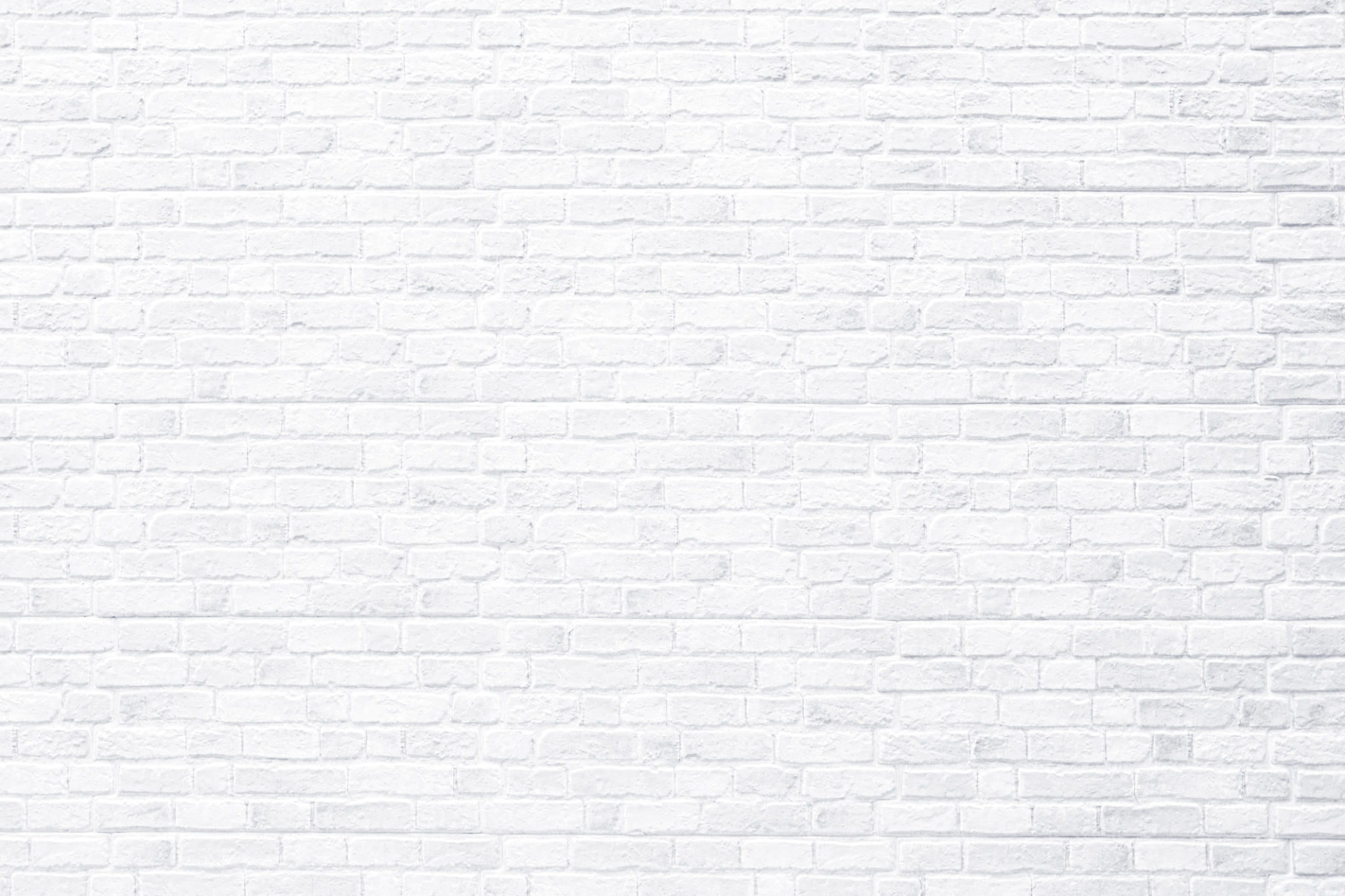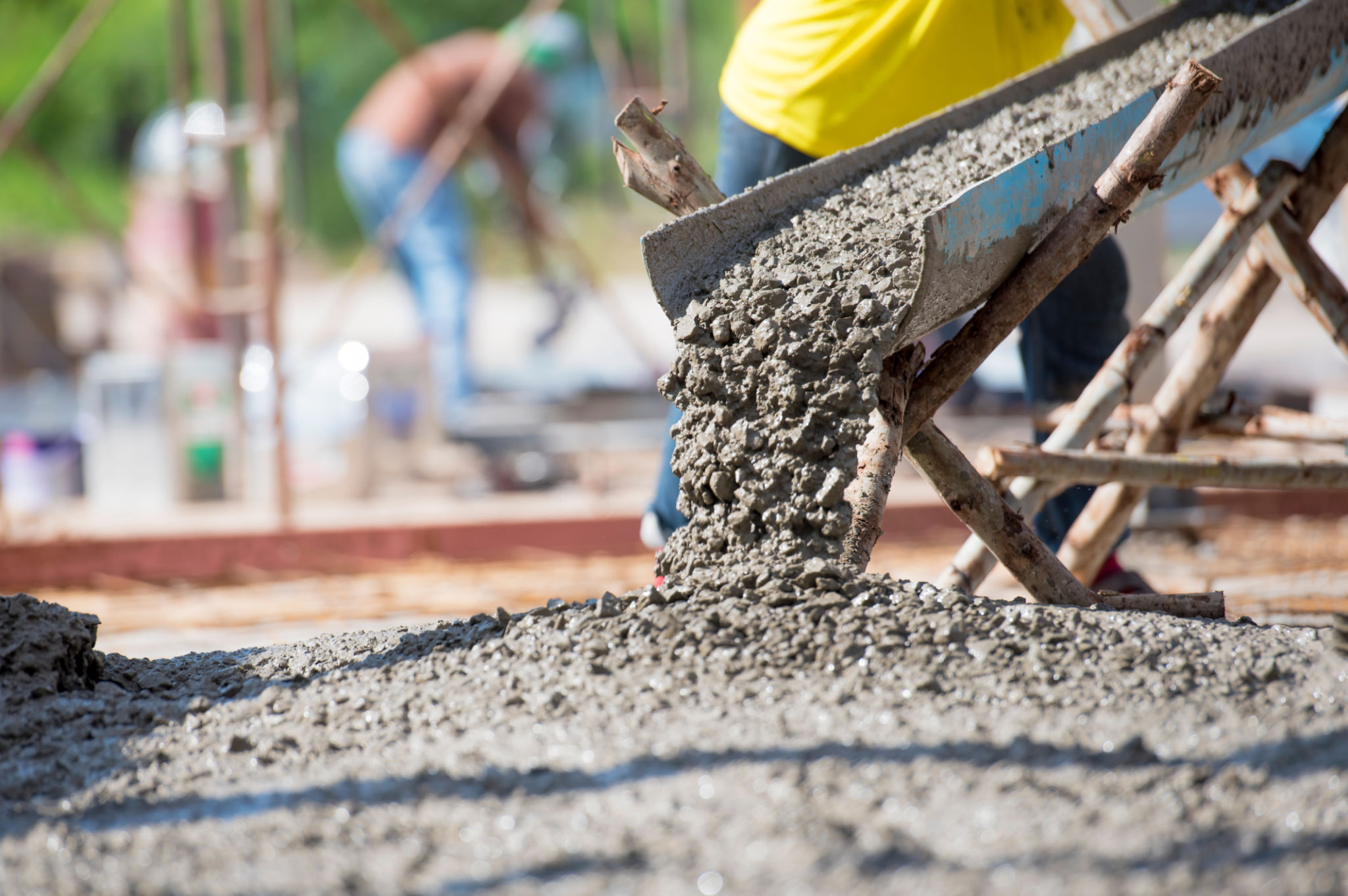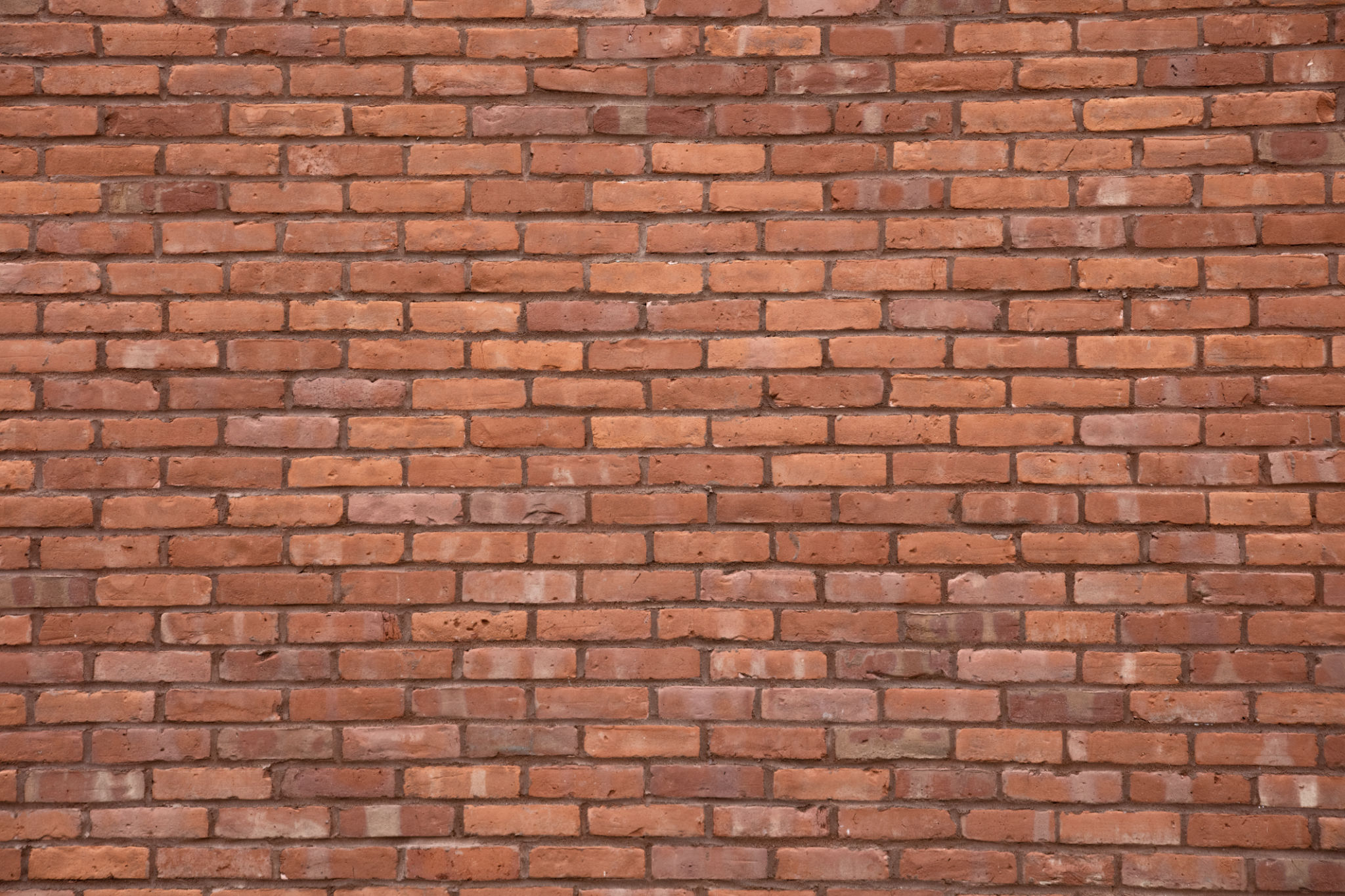Concrete vs. Bricklaying: Which is Best for Your Lehigh Valley Home?
HS
The Basics of Concrete and Bricklaying
When considering materials for building or renovating your Lehigh Valley home, two popular options often come to mind: concrete and brick. Each has its own set of advantages and disadvantages, making the decision a bit challenging. Understanding the differences between these materials can help you make an informed choice that suits your needs and preferences.
Concrete is a versatile material known for its strength and durability. It's commonly used for foundations, driveways, and walkways due to its ability to withstand heavy loads and harsh weather conditions. On the other hand, bricklaying offers a classic aesthetic appeal with its timeless appearance, often chosen for exterior walls and decorative elements.

Advantages of Concrete
Concrete is a popular choice for many homeowners due to its durability and low maintenance requirements. Unlike other materials, concrete can last for decades with minimal upkeep, making it a cost-effective option in the long run. It also provides excellent thermal mass, helping to regulate temperatures inside the home and potentially lowering energy bills.
Another advantage of concrete is its versatility. It can be molded into various shapes and sizes, allowing for creative designs that suit your personal style. Additionally, concrete is resistant to fire, pests, and moisture, which are crucial factors to consider in areas prone to such issues.

The Appeal of Bricklaying
Bricklaying offers a unique charm that many homeowners find appealing. The natural colors and textures of bricks provide a warm and inviting look that enhances the curb appeal of any home. Furthermore, brick structures are known for their longevity, often lasting over a century with proper maintenance.
Beyond aesthetics, bricks are excellent insulators. They help maintain a consistent indoor temperature by absorbing heat during the day and releasing it at night. This quality can contribute to energy efficiency, reducing heating and cooling costs over time.

Cost Considerations
The cost is a significant factor when choosing between concrete and bricklaying. Generally, concrete tends to be less expensive than brick due to lower material and labor costs. However, the initial savings on concrete might be offset by the long-term value that bricks provide through their durability and low maintenance needs.
It's important to consider not only the initial investment but also the lifespan of the materials and how they align with your budget and design preferences. Consulting with a local contractor can provide more accurate estimates tailored to your specific project.
Environmental Impact
Both concrete and brick have their environmental pros and cons. Concrete production is known for its high carbon footprint, mainly due to cement manufacturing. However, advancements in eco-friendly concrete options are emerging, offering more sustainable choices.
Bricks are made from natural clay, which is abundant and recyclable. The brick production process can be energy-intensive but typically results in a long-lasting product that doesn't require frequent replacement. Considering environmentally friendly options might influence your decision if sustainability is a priority.
Conclusion: Choosing the Right Material
Ultimately, the decision between concrete and bricklaying for your Lehigh Valley home depends on your specific needs, budget, and aesthetic preferences. If you prioritize durability and low maintenance with a flexible design, concrete might be the right choice. On the other hand, if you value timeless beauty, energy efficiency, and long-term investment, bricklaying could be the better option.
Exploring both materials' characteristics will help you weigh the benefits and make the best decision for your home project. Whether you opt for concrete or bricks, choosing a reputable contractor ensures quality workmanship that will stand the test of time.

